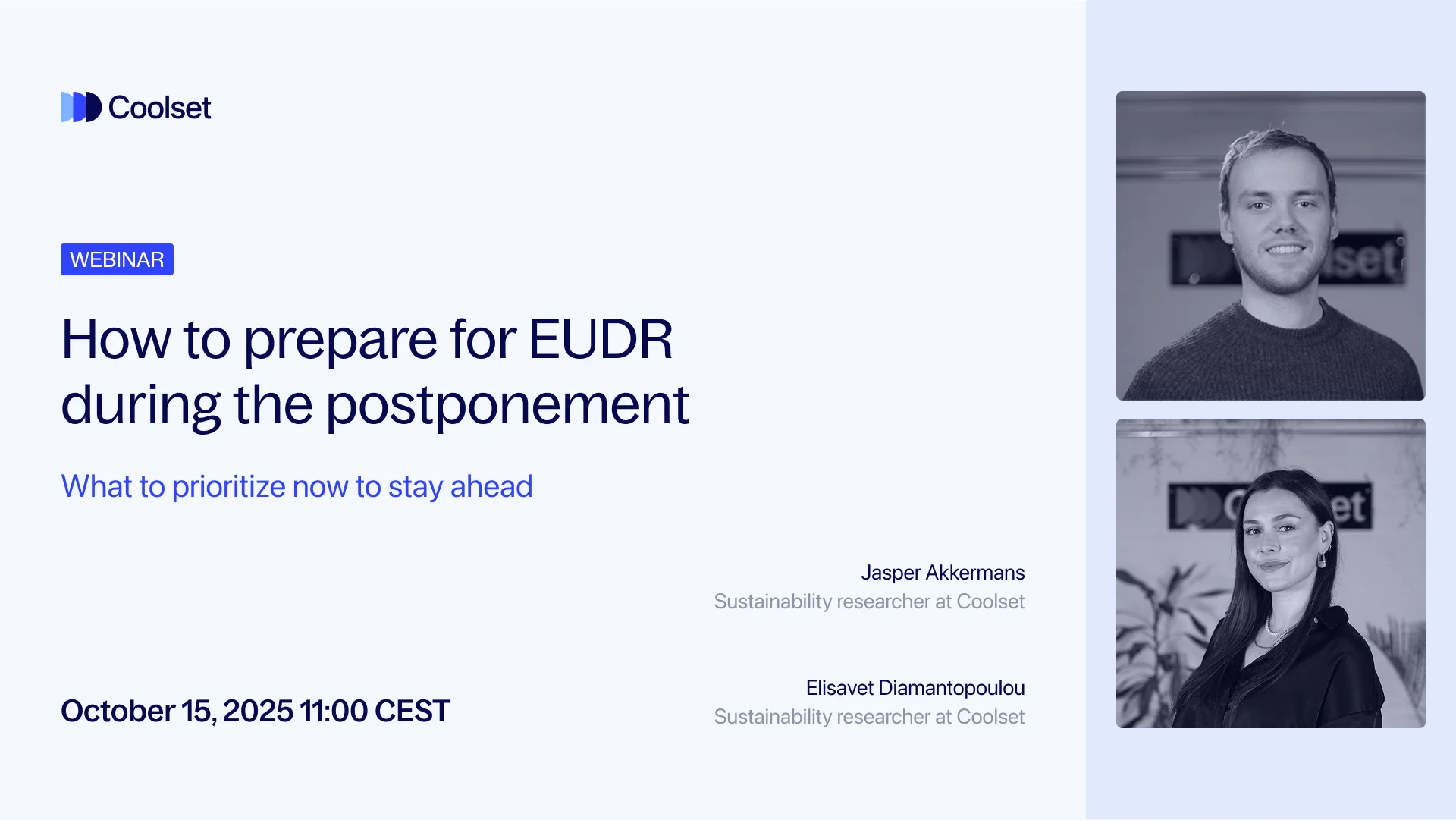Disclaimer: New EUDR developments - December 2025
In November 2025, the European Parliament and Council backed key changes to the EU Deforestation Regulation (EUDR), including a 12‑month enforcement delay and simplified obligations based on company size and supply chain role.
Key changes proposed:
These updates are not yet legally binding. A final text will be confirmed through trilogue negotiations and formal publication in the EU’s Official Journal. Until then, the current EUDR regulation and deadlines remain in force.
We continue to monitor developments and will update all guidance as the final law is adopted.
Conclusion
The EU Deforestation Regulation is a significant piece of legislation that will impact many businesses operating in or trading with the EU. The regulation aims to reduce deforestation and promote sustainable commodity production. Traders, in particular, play a crucial role in ensuring compliance with the EUDR.
By understanding the scope of the regulation, their responsibilities as traders, and the steps needed to prepare for compliance, businesses can navigate the EUDR requirements and reduce the risk of non-compliance. The key to success is to start preparing early, understand your supply chain, and implement robust systems and processes to ensure that products are deforestation-free and legally produced.
For more information on the EUDR and how to ensure compliance, we encourage you to explore additional resources and consult with compliance experts.
How to strengthen your systems and avoid the scramble of last-minute implementation

This free compliance checker scans your packaging documentation and maps it against mandatory PPWR data requirements, giving you a clear view of your compliance status. Get actionable insights on documentation gaps before they become compliance issues.
Get your systems ready for traceability, risk assessment and due diligence.

Based on customer case studies our team has developed a realistic timeline and planning for EUDR compliance. Access it here.